Table of Contents
Do you ever feel like screens have completely taken over your child’s day? You’re certainly not alone. Many parents hand over tablets and phones just to keep the peace, worrying deep down about what that screen time might be doing. Are kids learning anything meaningful? Are they growing? Or just zoning out for hours?
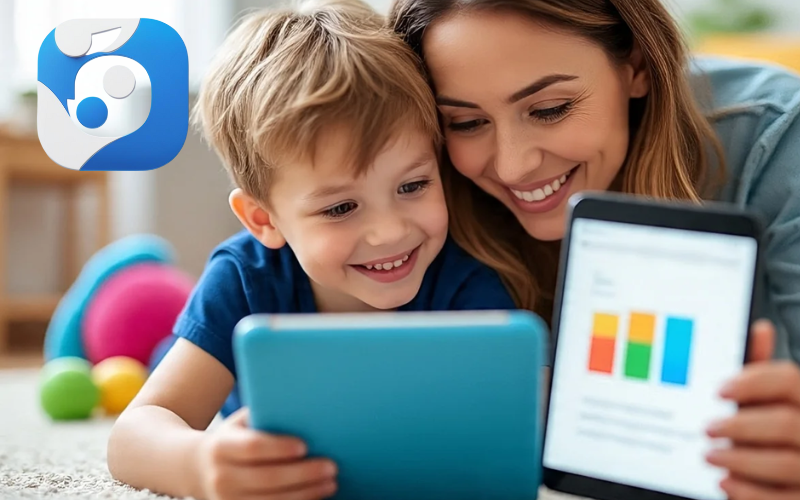
The reality is that in today’s world, screens are everywhere, and avoiding them is nearly impossible. But imagine if you could flip the script with smart screen time, turning screen sessions into moments that actually benefit your child. That’s exactly what smart time can do.
The Challenge: Screens Without Smart Screen Time
When children spend hours mindlessly watching videos or playing random games, traditional screen time becomes a problem. Without smart time, you end up with:
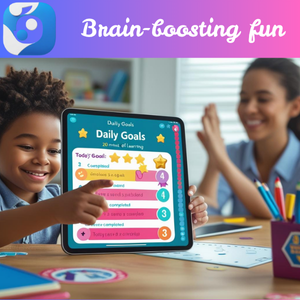
- Trouble staying focused on school tasks,
- Frustration when it’s time to turn off the device,
- Reduced physical activity, creativity, and social engagement.
We’ve all shouted “Turn it off!” only to see it backfire. And banning screens entirely? That’s unrealistic. What families need is a way to transform digital habits into screen time learning that builds kids up, rather than leading to daily power struggles.
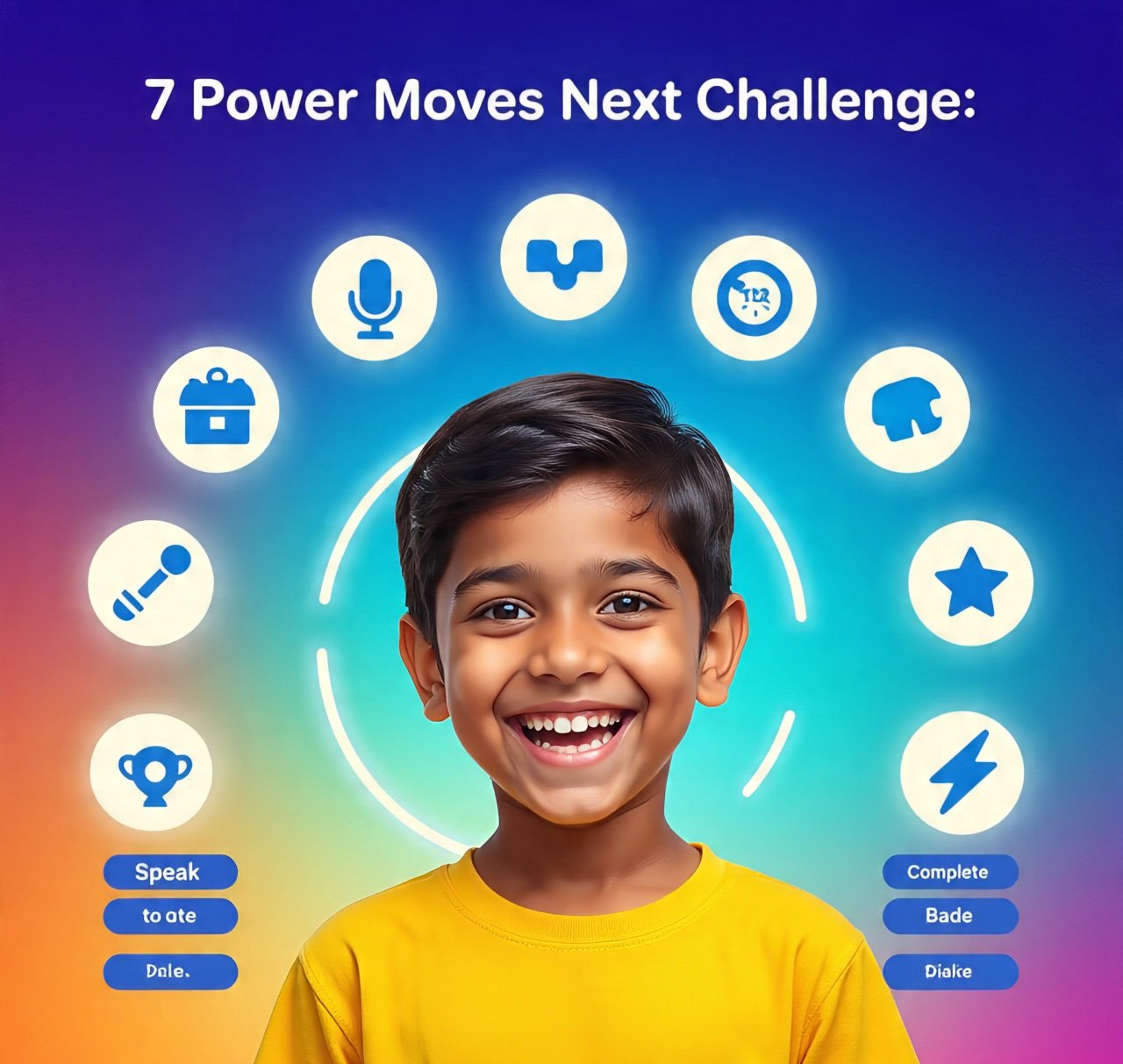
The Solution: Smart Screen Time for Kids
What if screens could inspire your child to learn, explore, and feel proud of their achievements? That’s what screen time is all about: making digital interactions purposeful, positive, and fun.
How Smart Screen Time Works: Simple, Effective Steps
Here’s how you can bring screen time into learning time your family life starting today:
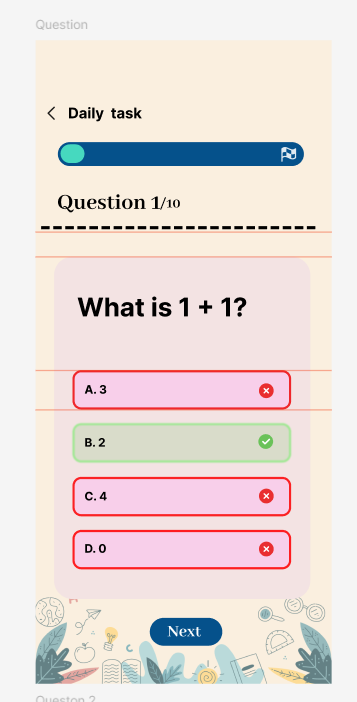
Set Daily Challenges
Give your child short, engaging tasks like solving a math puzzle, reading a story, or exploring new vocabulary. These activities are the foundation of smart learning time.
Earn Rewards
Smart learning time encourages kids to work for points they can trade for special rewards — like extra playtime, a favorite snack, or an exciting family adventure.
Track Progress
Smart screen apps such as Focus Fun make it easy to monitor what your child accomplishes so you can celebrate each milestone together.
Make Learning a Game
With smart learning time, kids look forward to collecting badges and earning rewards, making education feel like an exciting game instead of a boring chore.
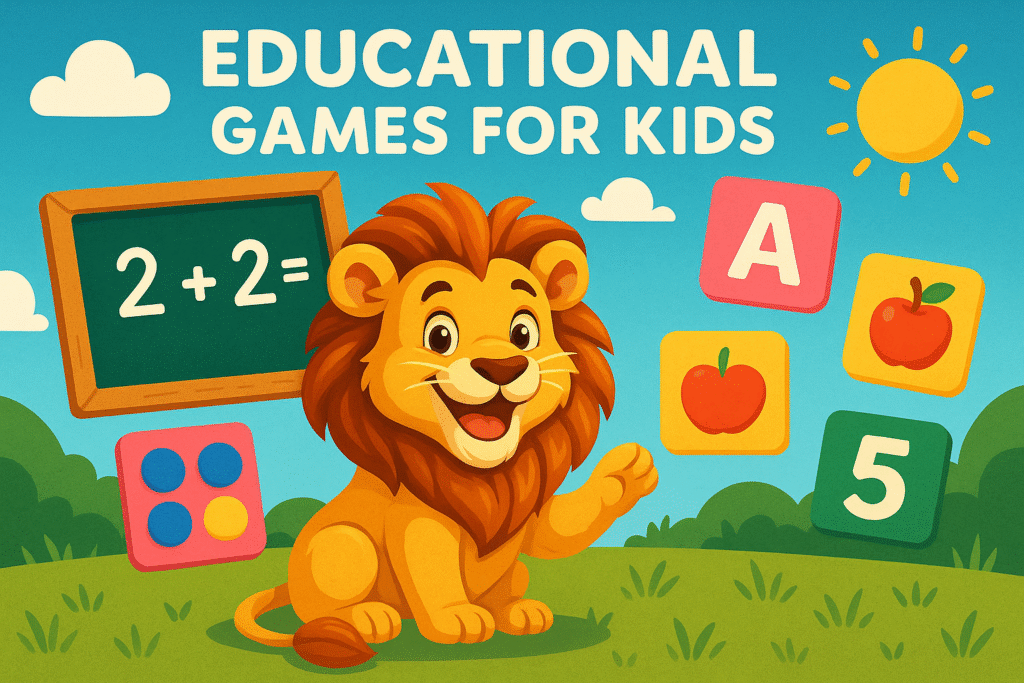

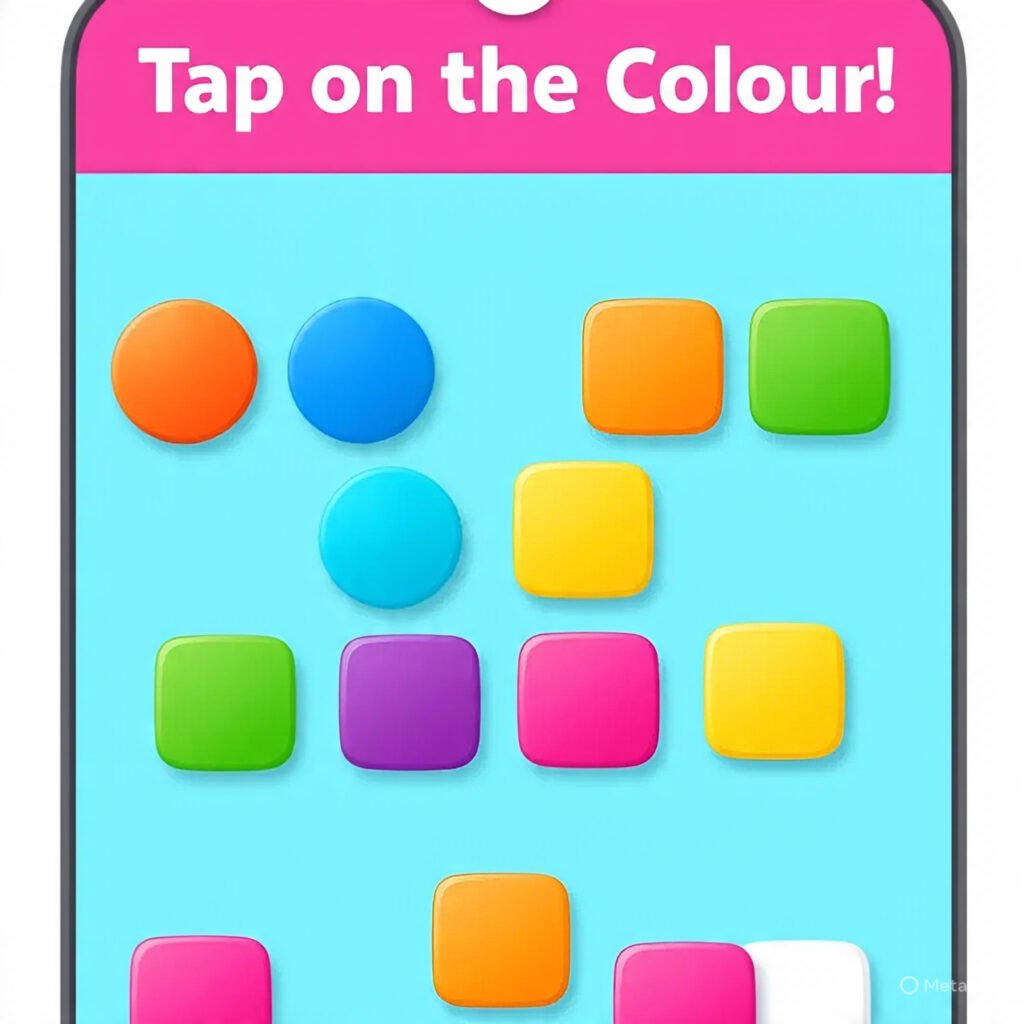
Smart learning time takes the struggle out of technology use, helping your child engage screens as tools for growth and success.
Why Smart Screen Time Matters
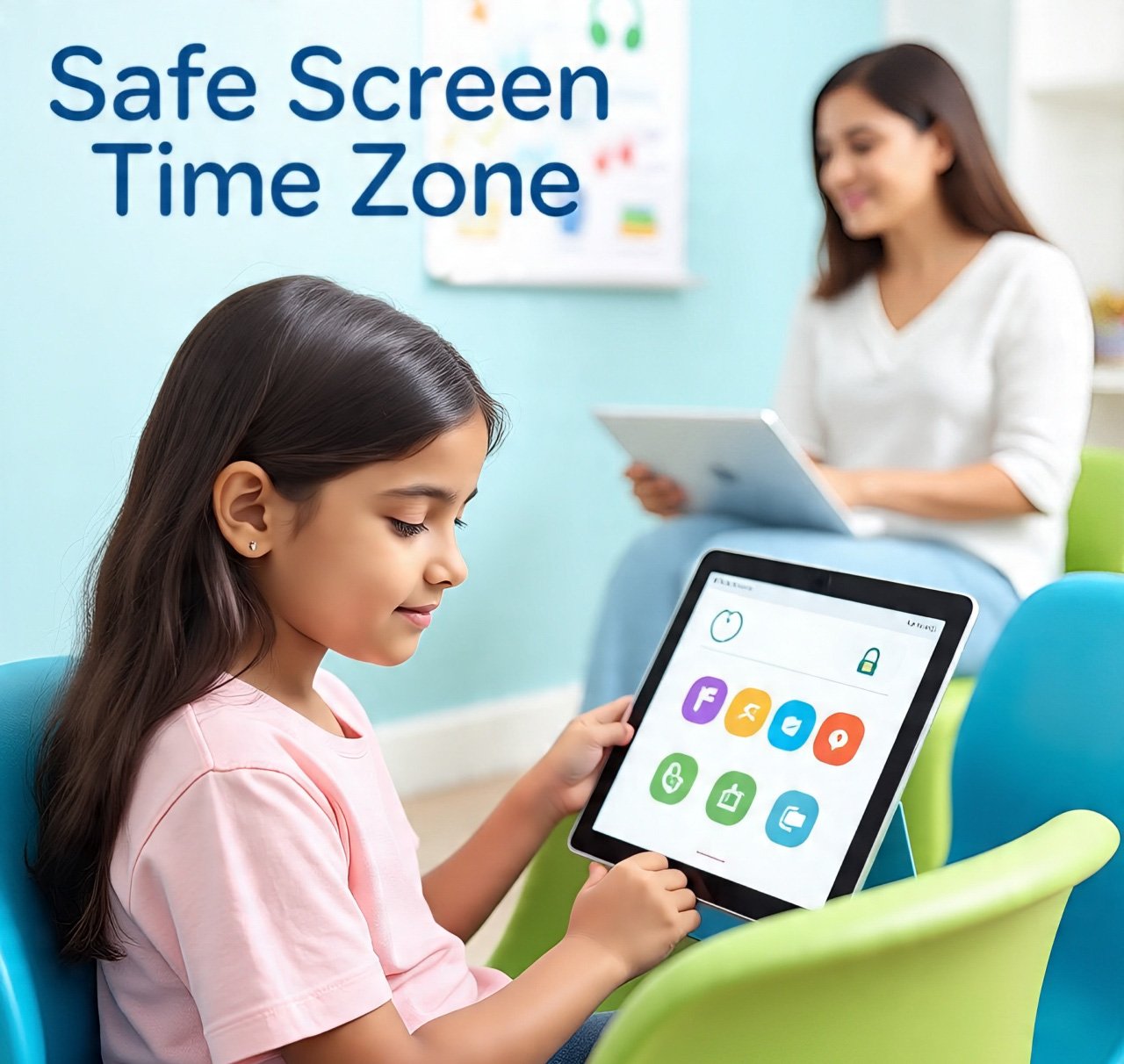
When you introduce smart screen time into your child’s day, you’ll notice they:
Improve focus on academics and homework,
Feel more confident after reaching their goals,
Get excited about learning new topics,
Balance screen time with active, creative play,
Enhance conversations with family and friends.
Most importantly, smart learning time helps children view devices as instruments of growth instead of mindless entertainment.
Real-Life Stories of Smart Screen Time in Action
Meet Aarav, age 7, who used to binge-watch videos for hours. With smart learning time and Focus Fun challenges, Aarav started playing educational games to earn stars — and proudly showed off his badges at dinner. He even asked, “Can I do one more puzzle for a star?”
Then there’s Sara, 9, who loved gaming but hated stopping. When her parents introduced smart screen time rewards, she began to accept time limits. She now spends more time reading and even invites her parents to join her in smart learning time activities.
These families prove that smart screen time can change how children use technology — in ways that stick.
How to Get Started with Smart Screen Time Today

Tired of saying “Put the screen down” every day? It’s time to transform screen time into something smarter. With FocusFun, your child’s screen becomes a powerful tool to sharpen focus, build memory, and spark real learning — all while creating joyful moments with you. The app is comming soon , be among the first to experience it. Join the wishlist today and get early access to exclusive games, parenting tips, and smart screen habits that truly work. Because when screens get smarter, your child gets stronger.
Take Action: Make Smart Screen Time a Superpower
You don’t have to fear screens or dread every time your child picks up a device. With smart screen time, you’ll replace frustration with cooperation and growth.
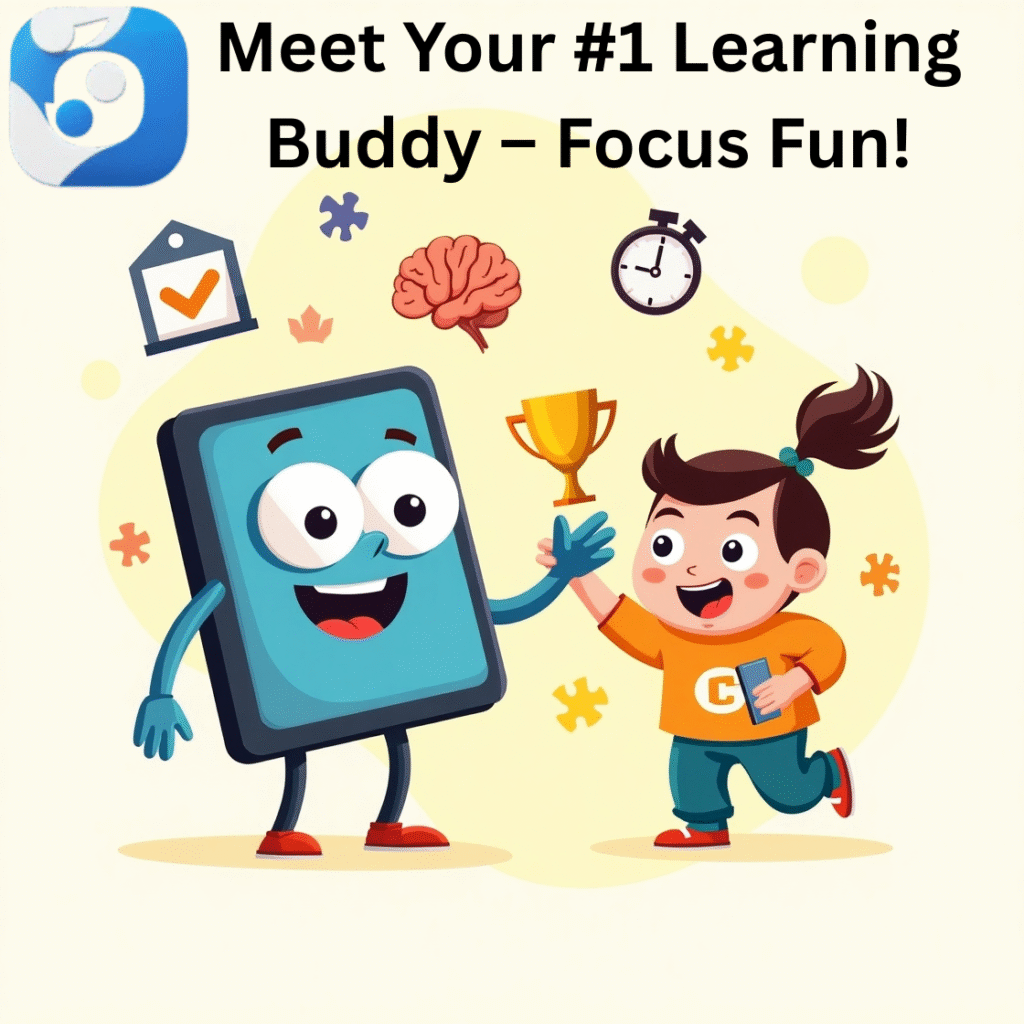
Why Smart Screen Time Is Essential Today
We live in a world where screens are woven into everything — school, communication, entertainment. But without smart screen time, they can become a source of distraction. That’s why smart learning time is not optional anymore; it’s a necessity for every modern family.
Smart screen time teaches children that devices are for discovery and achievement, not just endless play. This powerful mindset helps them carry healthy habits into school, friendships, and beyond.
How Smart Screen Time Supports Healthy Development
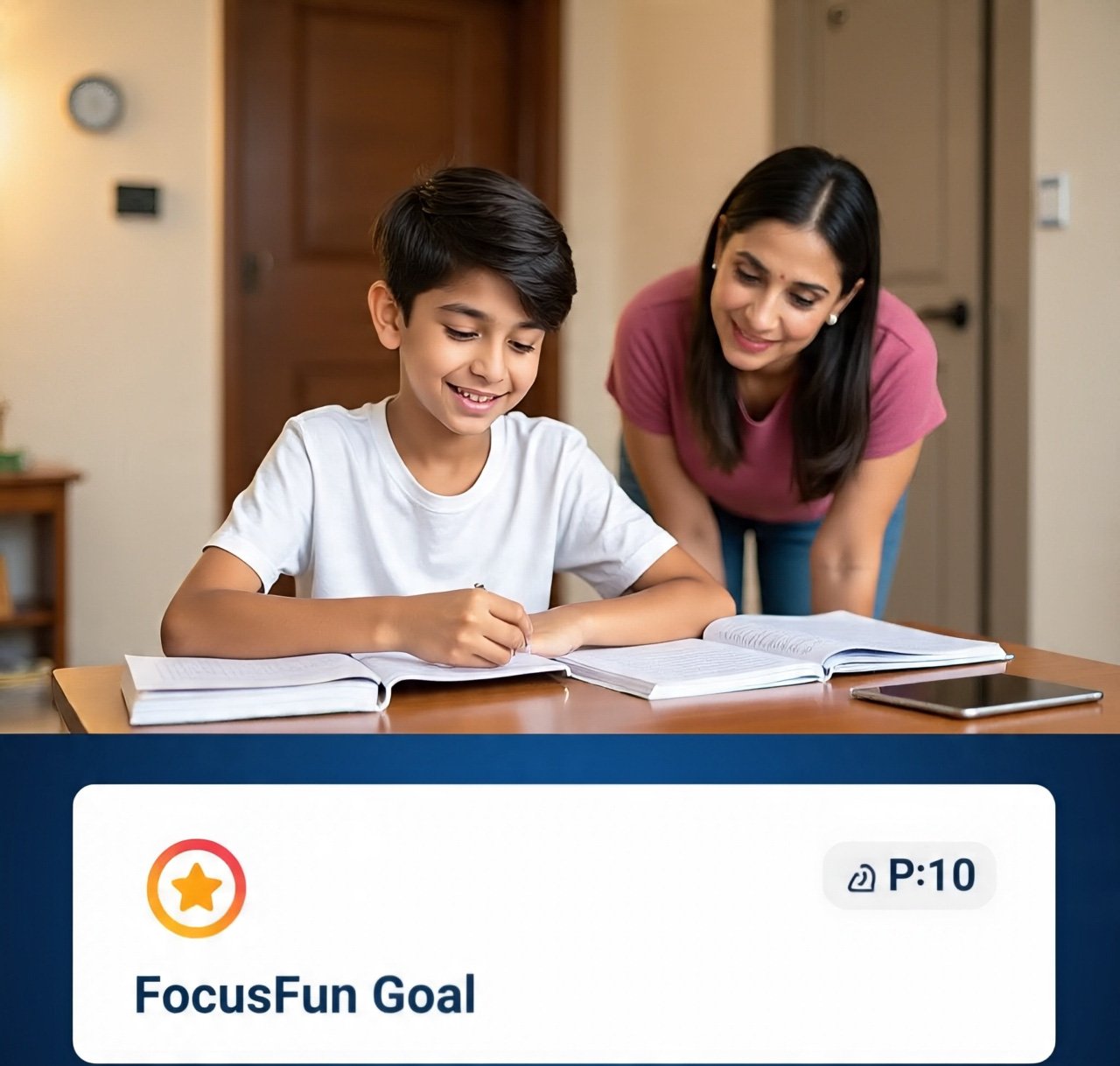
Research shows that when parents establish clear, positive guidelines around screens, children feel more secure, develop faster, and learn better self-control. Smart screen time creates opportunities for kids to manage time wisely, set goals, and feel good about their accomplishments — all key life skills.
With smart screen time, kids learn to associate screens with meaningful challenges and real rewards. That shift turns devices from sources of conflict into tools for building lifelong skills.

Ready to Start Smart Screen Time?
Don’t wait for screen battles to get worse. Make smart screen time part of your routine now, and watch your child transform into a focused, curious learner excited to earn rewards and celebrate success.
👇
[Download Focus Fun Now — Your Smart Screen Time Partner]
FAQ: Frequently Asked Questions
What is smart learning time for kids?
Smart learning time means using screens for activities that build skills, support learning, and encourage creativity — not just passive watching or gaming.
How can I turn screen time into learning time?
Use educational apps like FocusFun that offer games with goals, rewards, and brain-boosting activities. Track progress and celebrate milestones together.
What are the symptoms of screen addiction in kids?
Common signs include:
Difficulty focusing on tasks
Anger or frustration when screens are removed
Reduced physical activity and social interaction
Trouble sleeping or concentrating
How do I reduce my child’s screen time without fights?
Introduce tech-free hours, replace passive screen time with interactive learning apps, and use reward-based systems like FocusFun to motivate cooperation.
Is banning screen time the only solution?
No. Total bans often backfire. Smart learning time teaches children how to use devices purposefully while setting healthy boundaries.
What are good screen time rules for families?
Set daily time limits
Use screens only after homework or chores
Prefer co-play or co-watch activities
Make weekends partially screen-free
How do I know if my child is benefiting from screen time?
Yes! When managed wisely, screen time can:
Boost problem-solving and memory
Improve goal-setting habits
Encourage parent-child bonding
Support academic learning through games
How can I introduce smart learning time at home?
Start small:
Replace one passive activity (like YouTube) with a fun educational app
Set screen goals and rewards
Join the child in co-play
Celebrate small wins daily
What’s the best age to start smart screen habits?
Start early — ages 5 to 15 is ideal. Building screen discipline when kids are young helps them develop balanced tech habits that last.
